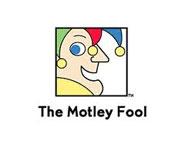Faculty News
—
Professor Bryan Bollinger's joint research on contagion in solar panel adoption is highlighted
—

Excerpt from The Atlantic -- "Solar-panel adoption, for example, is particularly contagious. After controlling for a variety of other potentially important causal factors, one study found contagion’s power in this domain to be substantial: Each new installation in a neighborhood can, over time, lead to several additional ones."
Faculty News
—

Excerpt from The Atlantic -- "Solar-panel adoption, for example, is particularly contagious. After controlling for a variety of other potentially important causal factors, one study found contagion’s power in this domain to be substantial: Each new installation in a neighborhood can, over time, lead to several additional ones."






















